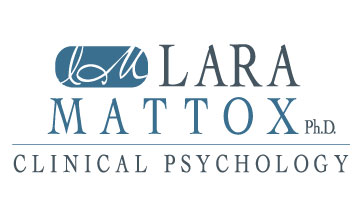Forms
New Patient Paperwork – Each new patient will need to complete a total of 3 forms as follows and bring them to the first appointment. Dr. Mattox will send the new patient paperwork to you for completion after you are scheduled. DO NOT EMAIL THE COMPLETED FORMS BACK TO THE OFFICE.
1. Consent Form – All new patients must complete either the Testing/Evaluation Consent Form or the Treatment Consent Form, depending on which service you will be receiving.
2. Patient History Form – All new patients must complete either the Adult History Form or the Child/Adolescent History Form.
3. All patients must complete the Notice of Privacy Practices form (page 3 of the Welcome Letter packet)
On occasion, depending on services requested an additional form or two may be required. Dr. Mattox will let you know if this is the case at the time of scheduling.
In addition to the completed paperwork, please bring a recent photograph of the patient to your first appointment if you have not uploaded a picture in the patient portal.
Other Forms – These forms are not needed at the first appointment, but may be needed later.
If you have previously provided information that has now changed, please use one of the following forms to update your information. Please note these are NOT needed for new patients:
Updated Contact and Insurance Information – Adult Client
Updated Contact and Insurance Information – Child/Adolescent Client
If you need Dr. Mattox to release information to any other entity (school, physician, other treatment provider, etc.) or want to give permission for Dr. Mattox to speak to any other person about the patient, please complete the following form:
Authorization to Release Client Information
If you wish to have a remote (virtual) telepsychology session, the following form is required to be completed and on file. Please understand that Dr. Mattox will decide whether a telepsychology session is appropriate for what you are requesting.
